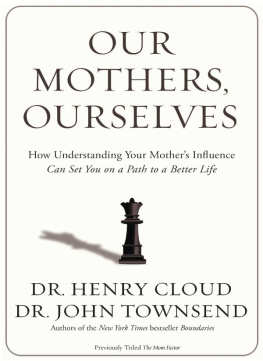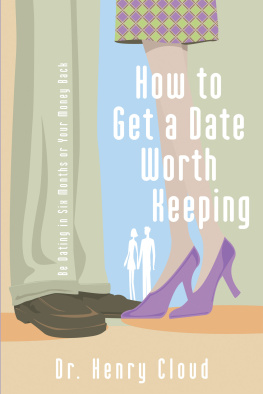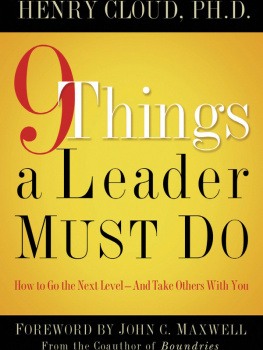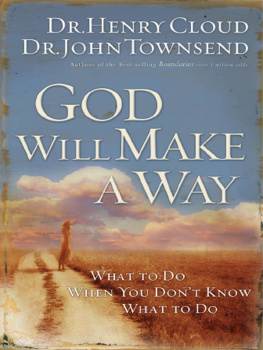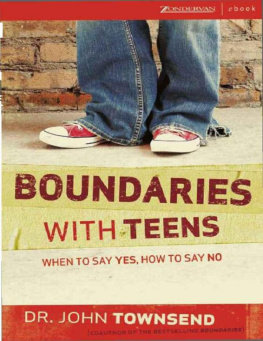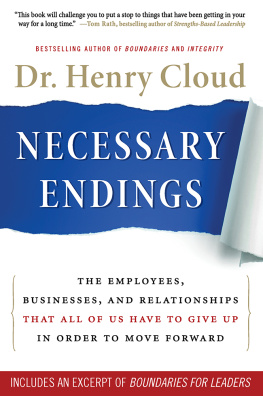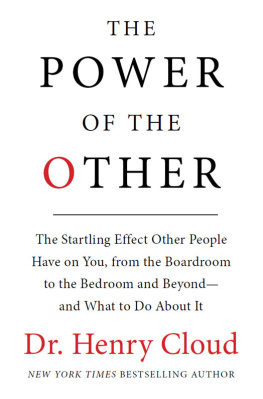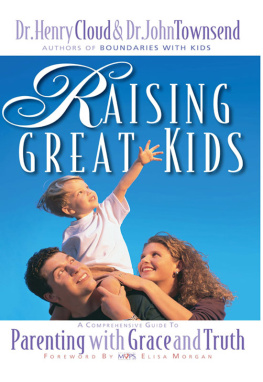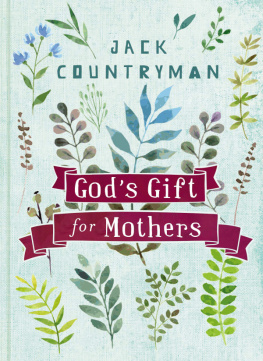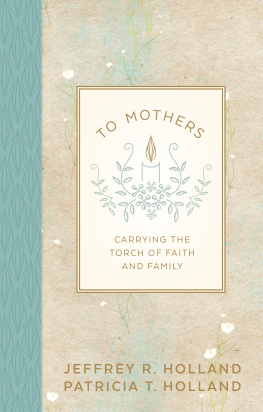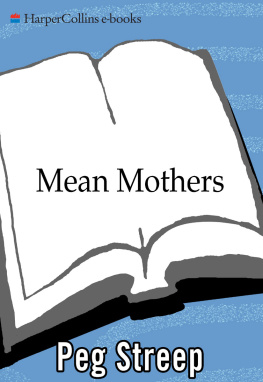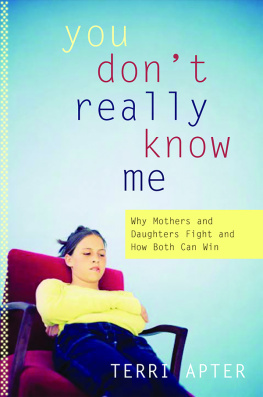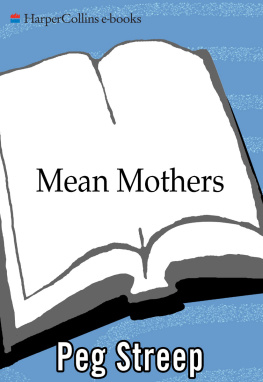
Resources by Henry Cloud and John Townsend
Books
Boundaries (and workbook)
Boundaries in Dating (and workbook)
Boundaries in Marriage (and workbook)
Boundaries with Kids (and workbook)
Boundaries with Teens (Townsend)
Changes That Heal (and workbook) (Cloud)
Hiding from Love (Townsend)
How People Grow (and workbook)
How to Have That Difficult Conversation
Making Small Groups Work
Our Mothers, Ourselves (and workbook)
Raising Great Kids
Raising Great Kids Workbook for Parents of Preschoolers
Raising Great Kids Workbook for Parents of School-Age Children
Raising Great Kids Workbook for Parents of Teenagers
Safe People (and workbook)
12 Christian Beliefs That Can Drive You Crazy
Video Curriculum
Boundaries
Boundaries in Dating
Boundaries in Marriage
Boundaries with Kids
Raising Great Kids for Parents of Preschoolers
ReGroup (with Bill Donahue)
Audio
Boundaries
Boundaries in Dating
Boundaries in Marriage
Boundaries with Kids
Boundaries with Teens (Townsend)
Changes That Heal (Cloud)
How People Grow
How to Have That Difficult Conversation
Making Small Groups Work
Our Mothers, Ourselves
Raising Great Kids
ZONDERVAN
Our Mothers, Ourselves
Copyright 1996 by Henry Cloud and John Townsend
Previously published as The Mom Factor
Requests for information should be addressed to:
Zondervan, 3900 Sparks Dr. SE, Grand Rapids, Michigan 49456
ePub Edition July 2015: ISBN 978-0-310-34355-4
Library of Congress Cataloging-in-Publication Data
Cloud, Henry.
The mom factor : dealing with the mother you had, didnt have, or still contend with / Henry Cloud and John Townsend.
p. cm.
ISBN 978-0 310 22559 1 (softcover)
1. Parent and adult child. 2. Mother and child. 3. Mother and child Religious aspects Christianity. 4. Adult children Family relationships. 5. Mothers Family relationships. 6. Reconciliation. I. Townsend, John Sims, 1952 II. Title.
HQ755.86.C56 1996
306.8743 dc20
96 9487
All Scripture quotations, unless otherwise indicated, are taken from the Holy Bible, New International Version, NIV. Copyright 1973, 1978, 1984, 2011 by Biblica, Inc. Used by permission of Zondervan. All rights reserved worldwide.
Scripture quotations marked NASB are taken from the New American Standard Bible, 1960,1962, 1963, 1968, 1971, 1972, 1973, 1975, 1977 by the Lockman Foundation. Used by permission.
Internet addresses (websites, blogs, etc.) and telephone numbers in this book are offered as a resource to you. These are not intended in any way to be or imply an endorsement on the part of Zondervan, nor do we vouch for the content of these sites and numbers for the life of this book.
All rights reserved. No part of this publication may be reproduced, stored in a retrieval system, or transmitted in any form or by any means electronic, mechanical, photocopy, recording, or any other except for brief quotations in printed reviews, without the prior permission of the publisher.
Published in association with Yates & Yates, www.yates2.com.
First printing June 2015
Contents
W elcome to Our Mothers, Ourselves. We hope its helpful. Before you begin, however, we want to introduce you to whats behind this book and what you can expect from it.
The fact that you are reading this book indicates that you are curious or that you have concerns or struggles surrounding your relationship with one of the most important people in anyones life: Mom. This may mean your own mother, or it could mean the mother of your spouse or a friend. God gave you a mother to protect, nurture, and mature you. She takes on part of his loving nature. Your mom, or some person in that role, was right there in the middle of your becoming you. Religious leaders, politicians, great thinkers, and artists often give glowing testimonies to the impact their mothers had upon their lives. Mothering is the most significant, demanding, and underpaid profession around.
Yet, for many, mom also means conflicts or problems. You may have haunting memories of bad experiences in the past, or you may have a difficult present connection with your mother. Yet, since as most of us love our mothers deeply, we have a hard time talking about our problematic feelings or issues with her. For example, you might have the following questions:
How can I have a better present-day relationship with my own, or someone elses, mother?
Which of my current relationships or work problems might have been influenced by my mothering?
What went right and wrong in my mothering, and how did that affect the connection between my childhood and my life today?
How can I get beyond my past mothering problems, so that I can get on with my life?
Whats the best way for me to parent my own children?
These and many other questions arent some act of disloyalty to mother. We strongly believe that God ordained the specialness and importance of mothering: Honor your mother and your father is a recurring theme throughout the entire Bible. Yet, we also need to be honest, tell the truth, take responsibility, heal, forgive, and grieve at the same time that we honor mom.
And this is why we wrote Our Mothers, Ourselves. For many years as clinical psychologists, we have studied and seen how crucial mothering is. Much has been written about mothering on a professional level, yet very little addresses the problems and solutions on a general level. Even fewer writings show the spiritual side of mothering dynamics. We have seen so many people struggle for so long because they had no way to understand what to do about how they were mothered, for better or worse.
On a brighter note, we have also seen miracles happen. Many individuals we have known through our speaking or counseling have examined how they were mothered. A great number of these people have learned much, healed much, loved much, and now have more fruitful, more meaningful relationships with mom and others. It is to these people that we dedicate this book.

The organization of Our Mothers, Ourselves is straightforward. Six mom types the Phantom Mom, the China Doll Mom, the Controlling Mom, the Trophy Mom, the Still-the-Boss Mom, and the American Express Mom explain how the mothering process breaks down in different ways, from emotional absence to problems in letting go of kids. Each mom type is presented in a pair of chapters. The first chapter will describe the problem and the needs that may not have been met. The second will provide the steps to meeting needs that were unmet and repairing whatever was broken. We finish the book with chapters on the unique issues that women and men have with mothers, including their own tasks as parents.
One important point: When we say mother, we mean your real mother or anyone who played the role of mother in your life. Many people were not raised by their biological mother; for example, those who were reared by a grandparent, stepparent, or friend of the family. If this is your situation, mother for you is that most significant person.
Next page
